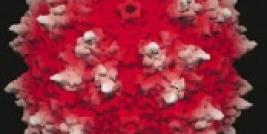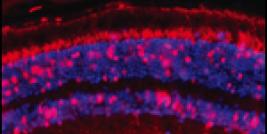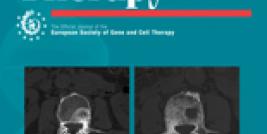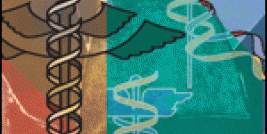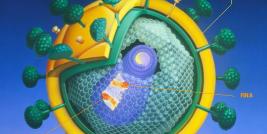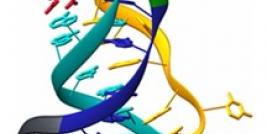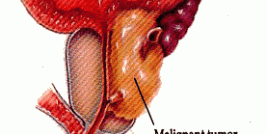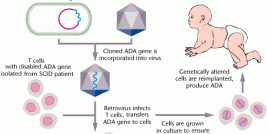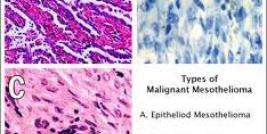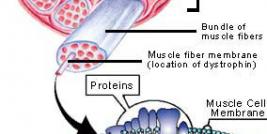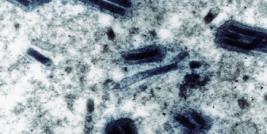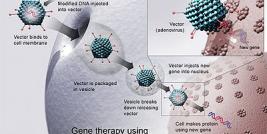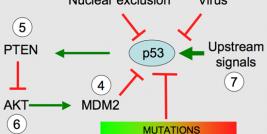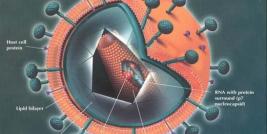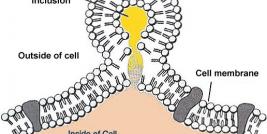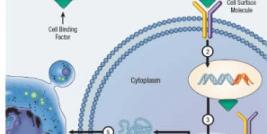The Center for Gene Therapy at the University of Michigan Medical Center was created to link basic science, clinical investigation and technology transfer. The Center fosters a multidisciplinary approach to new research as well as collaborative research endeavors in the area of gene therapy; extends the services of existing and newly created research cores to investigators; and serves as a resource for information and education.
Scope of Activities
To aid medical researchers, we have divided the Center into four programs. Each program offers products and services to aid the medical researcher here at Michigan and elsewhere. The products and services are :
Gene Vector Program
The Vector Core Laboratory
R&D Core
Clinical Trials Program
Data & Safety Monitoring Committee
Regulatory Application Assistance
Educational Program
Cellular & Molecular Therapeutics Seminar Series
Administrative Program
Cellular Therapy Development Grant Program
Background
The University of Michigan is an established leader in the field of gene therapy and molecular medicine and has pioneered a number of the most innovative gene therapy techniques to be tested in the United States.
Although individual scientists at the University of Michigan have been involved in the field of molecular genetics for many years, the institutional commitment to gene therapy is an outgrowth of a long-standing commitment to the field of human genetics. The department of Human Genetics was formed at the University of Michigan in 1941, initially as the Heredity Clinic under the guidance of Dr. Lee R. Dice. Upon his retirement in 1956, professor Dr. James V. Neel became the head of the new Department of Human Genetics, which, along with the Heredity Clinic, is widely recognized as the first of its kind in the nation. In 1983, a unit of the Howard Hughes Medical Institute at the University of Michigan Medical Center was established, whose stated mission was the “clinical application of molecular genetics,” with gene transfer identified as one of its formal goals. In succeeding years, the Institute and the Medical Center have jointly recruited an outstanding group of scientists in this field. The continuing work of these investigators provides a solid base of scientific knowledge and hands-on experience directly related to gene therapy.

